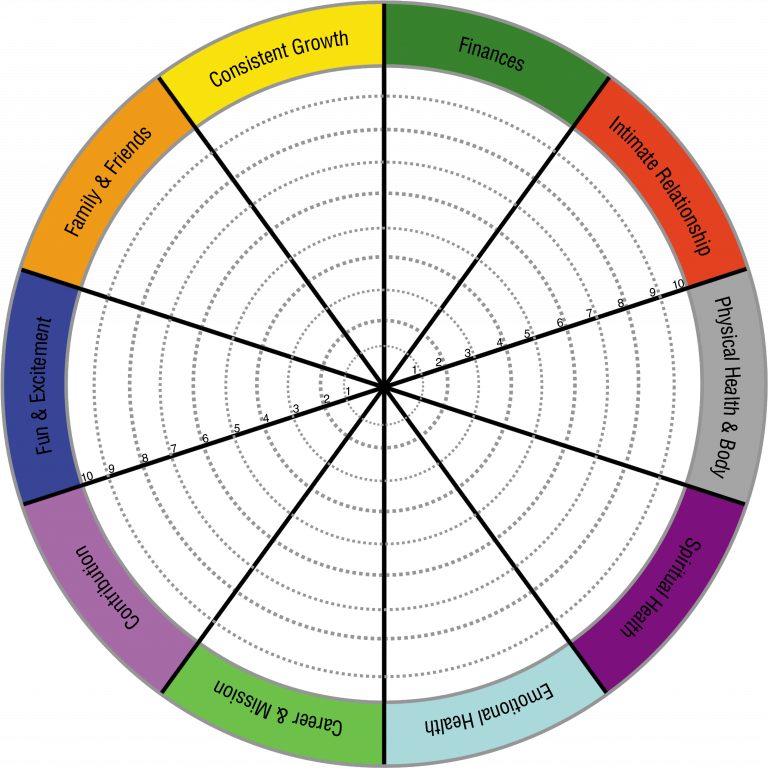Leadership comes with high expectations, demanding responsibilities, and constant decision-making. While success is rewarding, the pressure can lead to overwhelming stress, affecting both performance and well-being. Managing stress effectively is crucial for maintaining clarity, confidence, and productivity. Christina Steinhoff, an NLP certified coach, helps leaders develop the mental resilience needed to navigate these challenges and sustain long-term success.
Understanding Stress in Leadership
Leaders often face multiple stressors, including high workloads, decision fatigue, team conflicts, and external pressures. The inability to manage stress can lead to burnout, reduced efficiency, and poor decision-making. Stress does not just impact an individual—it affects the entire team and organization. Recognizing early signs of stress allows leaders to take proactive steps before it escalates.
How NLP Helps in Stress Management
Neuro-Linguistic Programming (NLP) is a powerful tool that helps leaders shift their mindset, break negative thought patterns, and develop emotional resilience. An NLP certified coach guides individuals through techniques that help reframe stressful situations, regulate emotions, and build mental clarity. By applying NLP principles, leaders can respond to challenges with a calm and solution-oriented mindset.
-
Reframing Negative Thoughts
High-pressure situations often trigger self-doubt, frustration, or fear of failure. Leaders who dwell on negative thoughts may struggle to stay focused and confident. NLP techniques help shift these thoughts into positive, productive perspectives.
Example: Instead of thinking, “I cannot handle this situation,” an NLP certified coach helps reframe it to, “This challenge is an opportunity to develop a new solution.”
Tip: Practice self-awareness by identifying limiting beliefs and replacing them with constructive affirmations.
-
Anchoring Calmness and Confidence
Anchoring is an NLP technique that helps leaders access a calm and confident state in stressful moments. By associating a physical or mental trigger with a positive emotion, they can regain control instantly.
Example: A leader under pressure can use a deep breath combined with a mental cue, such as recalling a successful moment, to restore confidence.
Tip: Work with an NLP certified coach to establish personalized anchors that activate a sense of calm during high-pressure situations.
-
Improving Emotional Regulation
Leaders must manage their own emotions while also handling team dynamics. Uncontrolled stress can lead to reactive decision-making or conflicts. NLP techniques, such as pattern interruption, help leaders break automatic stress responses and replace them with composed reactions.
Example: Instead of reacting defensively to criticism, NLP-trained leaders pause, process, and respond with clarity.
Tip: Develop a habit of taking a moment before responding to stressful situations to maintain control over emotions.
-
Enhancing Focus and Mental Clarity
Stress often scatters focus, making it difficult to prioritize tasks effectively. NLP techniques help leaders eliminate distractions and improve concentration. By using visualization and goal-setting methods, they can stay aligned with their objectives.
Example: Instead of feeling overwhelmed by multiple responsibilities, NLP-trained leaders break down tasks into manageable steps and visualize successful outcomes.
Tip: Start each day with a clear intention and focus on one task at a time to prevent cognitive overload.
-
Strengthening Resilience and Adaptability
Leaders must adapt to constant change, and resilience is key to overcoming setbacks. NLP coaching strengthens the ability to embrace change, learn from failures, and remain solution-focused.
Example: When faced with unexpected obstacles, resilient leaders see them as growth opportunities rather than roadblocks.
Tip: Work with an NLP certified coach to develop a mindset that thrives under pressure and turns challenges into learning experiences.
Conclusion
Managing stress in leadership roles is essential for long-term success and well-being. By working with an NLP certified coach, leaders can develop strategies to stay calm, focused, and adaptable under pressure. Christina Steinhoff has helped numerous professionals apply NLP techniques to transform their leadership approach, enhance their resilience, and improve their overall performance.
Leaders who invest in stress management not only improve their own well-being but also create a positive and productive work environment. By mastering these NLP techniques, they can lead with confidence, clarity, and purpose—regardless of the challenges they face.


